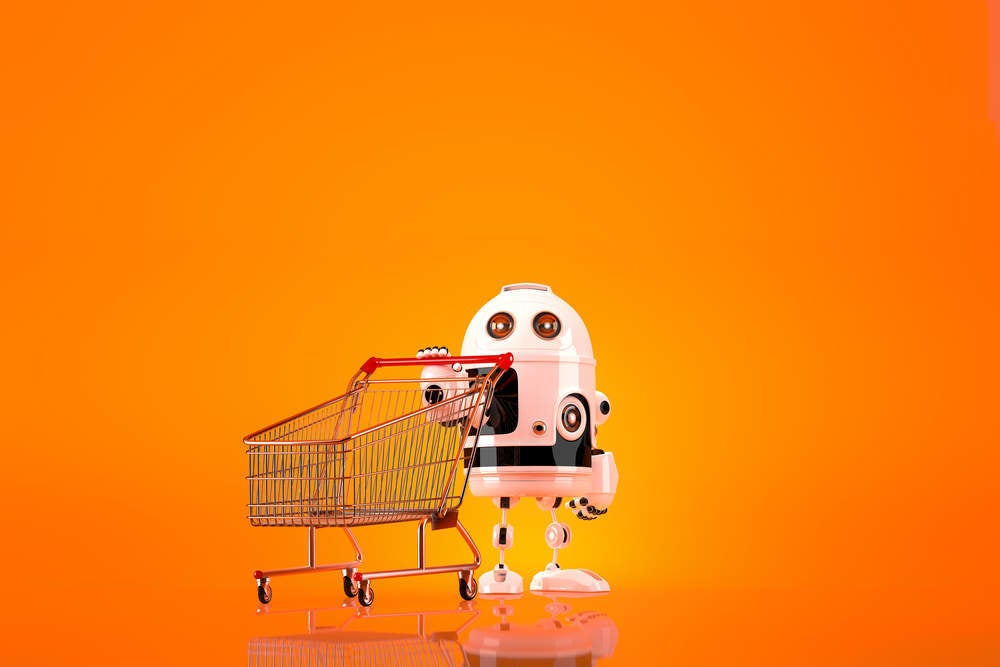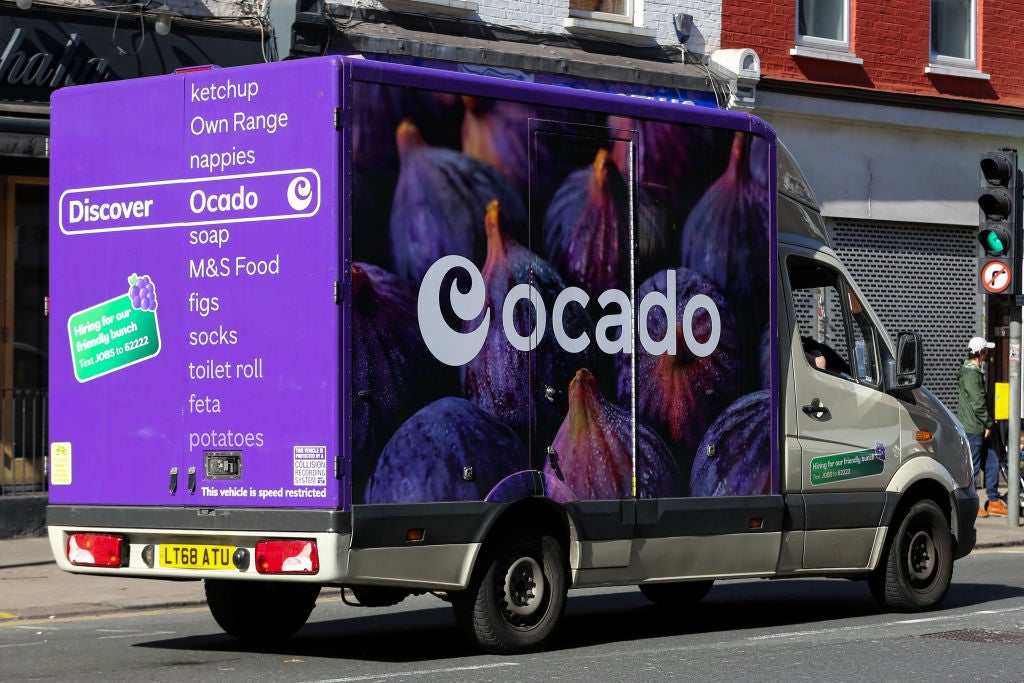Humans are expensive to run, require regular breaks, and their productivity can vary significantly from day to day.
Once the initial investment is made, robots require none of these things.
Robots are already replacing retail jobs in the grocery sector as Ocado and Amazon pave the way with checkout free stores, state of the art warehouses and robotic grocery picking arms.
If a machine is faulty, it will immediately flag up the issue and the faulty part can be swapped.
If a machine breaks down, it can be replaced there and then, not requiring a complex legal process or pay off. Machines can complete the same job, to exact specifications, for 24 hours a day.
High initial costs for long term rewards
A drawback for smaller players will be the significant start-up costs required to invest in the technology, compared to the minimal requirement with people.
How well do you really know your competitors?
Access the most comprehensive Company Profiles on the market, powered by GlobalData. Save hours of research. Gain competitive edge.

Thank you!
Your download email will arrive shortly
Not ready to buy yet? Download a free sample
We are confident about the unique quality of our Company Profiles. However, we want you to make the most beneficial decision for your business, so we offer a free sample that you can download by submitting the below form
By GlobalDataThis represents quite a gamble for retailers that do not have the financial stability of the likes of Amazon, which can afford to fail.
However, while the price of technology drops as it becomes more widely deployed, the cost of human labour is growing, with minimum wage rising in April this year to £7.50 per hour for those aged over 25.
While there are numerous jobs which undoubtedly require a human touch, intuition or on-the-spot decision making, repetitious jobs such as packing bags or scanning items can be completed more efficiently by machines.
Ocado is leading the way in warehouse automation
Ocado’s state-of-the-art Andover warehouse, which uses a central communication system that is able to communicate with its 1,000 robot employees ten times per second, is replacing menial work – the days of people traipsing around warehouses and finding products to bring back to put in a van are coming to an end for Ocado as robots bring the goods to those remaining human workers for the final placement into bags.
The proprietary software may even become a lucrative export as Ocado has discussed plans to sell it overseas, looking to attract its ever elusive foreign partner.
Not content with this level of automation, Ocado is developing a robotic arm which can complete the final human job of delicately picking groceries.
With the UK minimum wage continuing to rise and ethical pressures to pay above that rate, employing robots may present a more economically viable alternative, despite the upfront capital investment.
Amazon’s scale gives it scope to try things out
Adding to its state of the art warehouses and drone deliveries (although not for groceries), arguably the biggest news to come from Amazon is its checkout free stores – allowing consumers to walk in, pick up their goods and walk out while the basket is automatically charged to their account.
While it seems like a logistical nightmare as it requires the use of several ground breaking technologies, the potential financial rewards are enormous.
Amazon’s vast scale means it is able to try things out and bare the financial brunt if the investment is not successful, while continuing to innovate and look for other opportunities.
With Amazon Go for example, it remains to be seen whether the return on investment will substantiate a nationwide roll-out, but for consumers, speed and efficiency trump the desire for human interaction when shopping for food.








Related Company Profiles
Amazon.com Inc